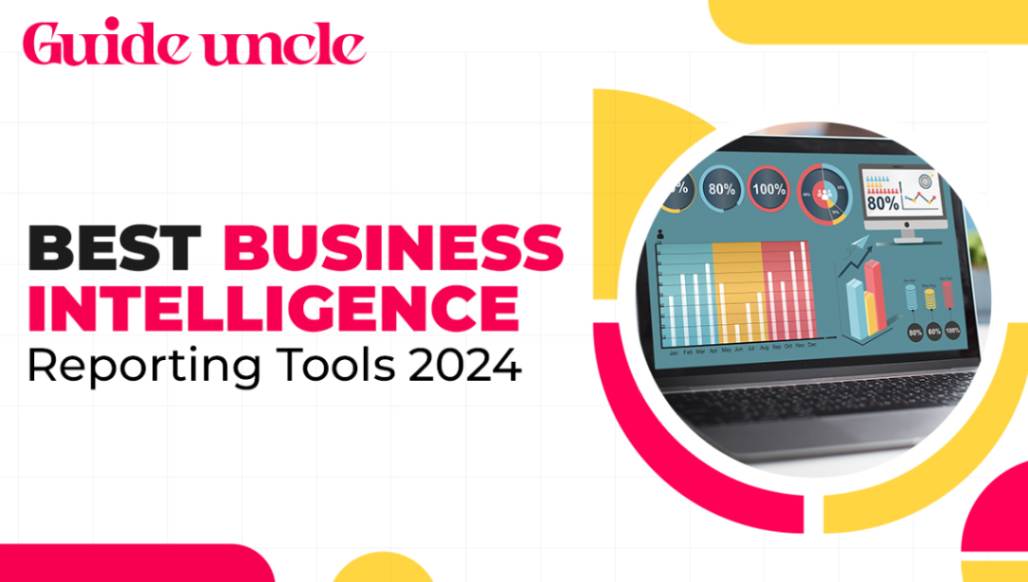AARP’s secret tips for managing your Money in Retirement
Retirement age is seen as an age of freedom when years of well-earned hard labor have given way to a chance for personal development, self-discovery, and health care. But once the final paycheck has been deposited, thus managing your finances can feel like totally a new job. The key to joining these golden years is to have a solid financial strategy. However, AARP has some secret tips to help you manage your money wisely and make the most of your retirement. Let’s discuss these secret tips to make sure you can retire comfortably and confidently.
Our Top 2 Picks
Tips for Managing Money in Retirement Age
Create a realistic budget
The most crucial step in managing your money during your retirement plan is to create a realistic budget. Otherwise, when you were working, your income might be fixed, and also come from various sources like social security, pensions, or retirement accounts. AARP helps in accessing your monthly expenses and also differentiating between needs and wants. However, always make your priority essential expenses such as housing, healthcare groceries, and set aside funds for discretionary spending. Thus, regularly review and adjust your budget to show any changes in your financial situation.
Spread out sources of income
Always rely on only one source of income can be risky, especially if unexpected expenses arise. AARP suggests diversifying your income streams to create a safety net. This mainly includes a combination of social security benefits, pension payments, rental income, or nay kind of part-time work. Diversification not only helps in managing risk but also provides flexibility if one income source is reduced.
Plan for healthcare costs
Healthcare is the major significant expense in retirement and is also an essential plan for it. AARP always advises you to precisely review all of your health insurance options, including Medicare and supplemental insurance plans, to find out what has been covered and what hasn't to avoid unpleasant surprises. Also, if you're eligible, consider starting a Health Savings Account( HSA), which can be used to pay for eligible medical charges and offers tax advantages.
Review your approach to investing
When it comes to saving, your retirement plan should be different from your working plan. Thus, AARP suggests that you take greater caution as you get closer to retirement. It's still essential to have some exposure to growth-oriented investments to fight inflation. Make sure your portfolio is in line with your retirement goals and risk tolerance by regularly reviewing and conforming it
Take Advantage of Tax Strategies
Nowadays, managing taxes has a significant impact on your retirement savings. It advises exploring various tax strategies similar to tax-effective recessions from retirement accounts. You can reduce your tax liability and extend the life of your retirement assets by being aware of the tax consequences.
Keep an eye on Inflation
Inflation can reduce your purchasing power over time which makes it essential to plan for it in retirement. AARP recommends investing in means that have the potential to outpace inflation, similar to stocks or real estate. Also, consider cost-of-living adaptations in your retirement plan to help neutralize the goods of inflation on your fixed income.
Plan for Long-Term Care
Long-term care plan is an essential aspect of retirement planning that many people will see. However, AARP advises considering various options for long-term insurance or setting up a dedicated savings fund to cover potential future needs. Thus planning for long-term care helps ensure that you have a various number of resources available if you require assistance with daily living activities as you age.
Consider Downsizing
Reducing the size of your house can be a calculated decision to help your retirement funds. AARP advises assessing your present living arrangement and thinking about whether downsizing to a smaller, more manageable home could free up extra money. Selling your home and moving to a less expensive property can provide a financial boost and reduce ongoing maintenance costs.
Stay Informed and Seek Professional Advice
Finally, always staying informed about the changes in financial regulations and also seeking professional advice is important for effective money management in the retirement age. Thus, AARP suggests consulting with a financial advisor who has a specialization in retirement planning to help you make complex decisions and optimize your financial strategy. Try to update your plan regularly and adapt the new information that can help you stay on track and achieve your retirement goals.
Conclusion
In the retirement age, managing your money doesn’t have to be overwhelming. However, by following AARP’s secret tips such as creating a realistic budget, planning for healthcare costs, and more, you can ensure a comfortable and financially secure retirement. Thus, remember, a successful retirement depends on more than simply having adequate money, it also depends on being able to make wise decisions and adjust to changing conditions. You may enjoy your retirement years with confidence and peace of mind if you have these tactics under your belt.







